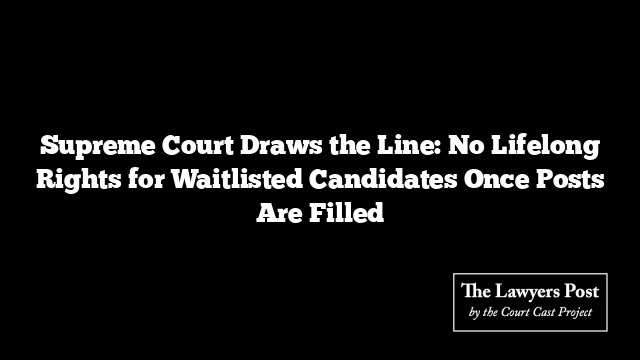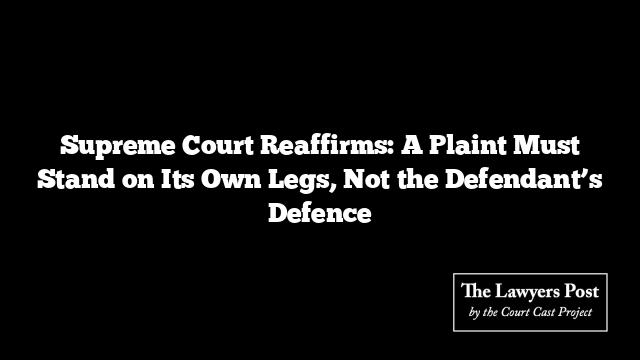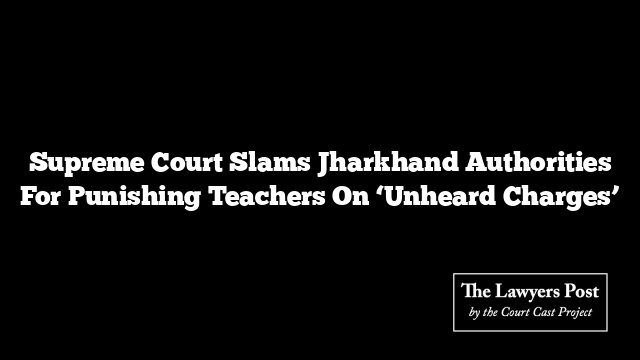The Supreme Court has made it clear—being on a waitlist doesn’t mean waiting forever. Once all advertised posts are filled, the list dies a natural death.
A Bench of Justices P.S. Narasimha and Atul S. Chandurkar overturned a Calcutta High Court order that had directed notional absorption of a waitlisted candidate nearly two decades after a recruitment round by All India Radio had concluded. The Court said such a claim “extinguishes when all selected candidates join their posts.”
The ruling came from a 1997 recruitment for three technician posts reserved for Scheduled Caste candidates. One candidate—placed at the top of the waitlist—missed out when all three selected individuals took charge. Two years later, during tribunal proceedings, a government representative informally assured him that he would be accommodated “as soon as a vacancy arises.” That single line became the cornerstone of litigation stretching nearly 25 years.
The Calcutta High Court later leaned on this “assurance,” invoking the doctrine of legitimate expectation to grant notional absorption from 2013. The Supreme Court, however, dismantled that reasoning, stating that no concession—however solemn—can override statutory rules.
“If giving effect to such a statement violates the recruitment rules, it cannot bind the government,” the Court held, emphasizing that administrative fairness cannot morph into perpetual entitlement.
The Bench cautioned against allowing waitlists to morph into an ongoing source of recruitment, as it would harm candidates in future selection rounds. “Filling a post from an old list during a new recruitment would unfairly shrink opportunities for fresh applicants,” it observed.
Concluding that the 1997 process had ended once all posts were filled, the Court ruled that the waitlist had been exhausted and could not be revived. The appeal by the Union government was accordingly allowed, closing the chapter on a case that had lingered for over two decades.





